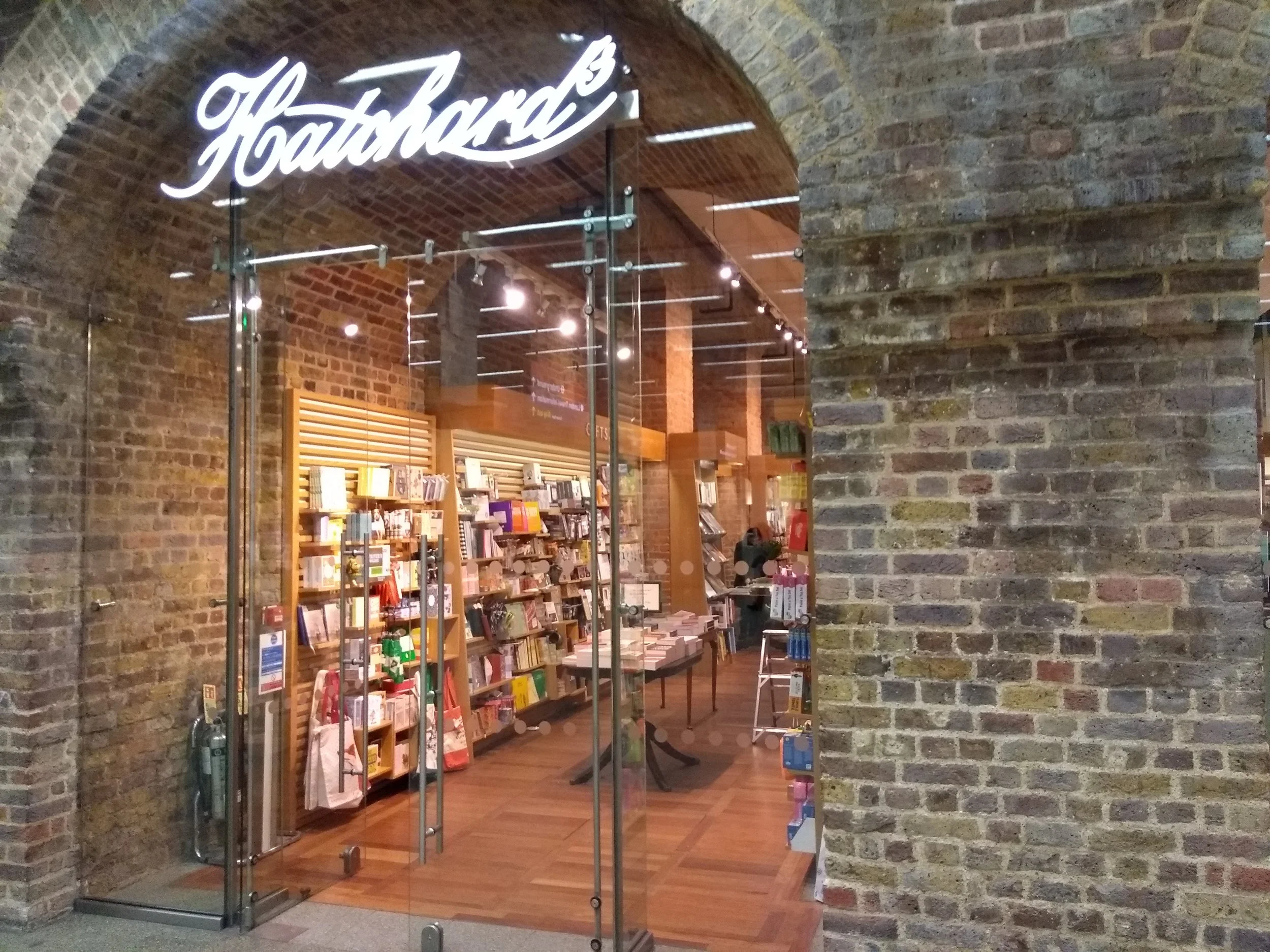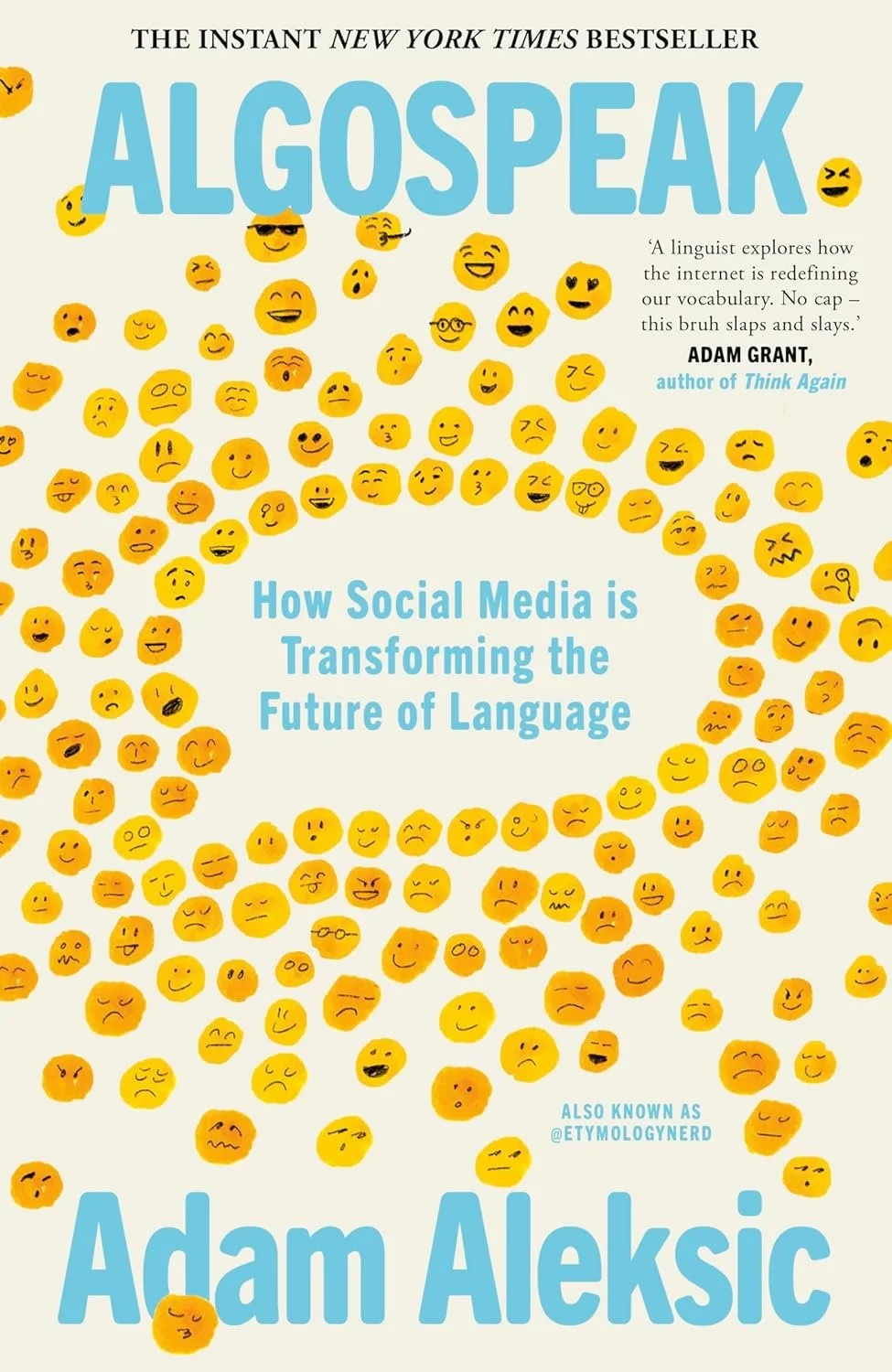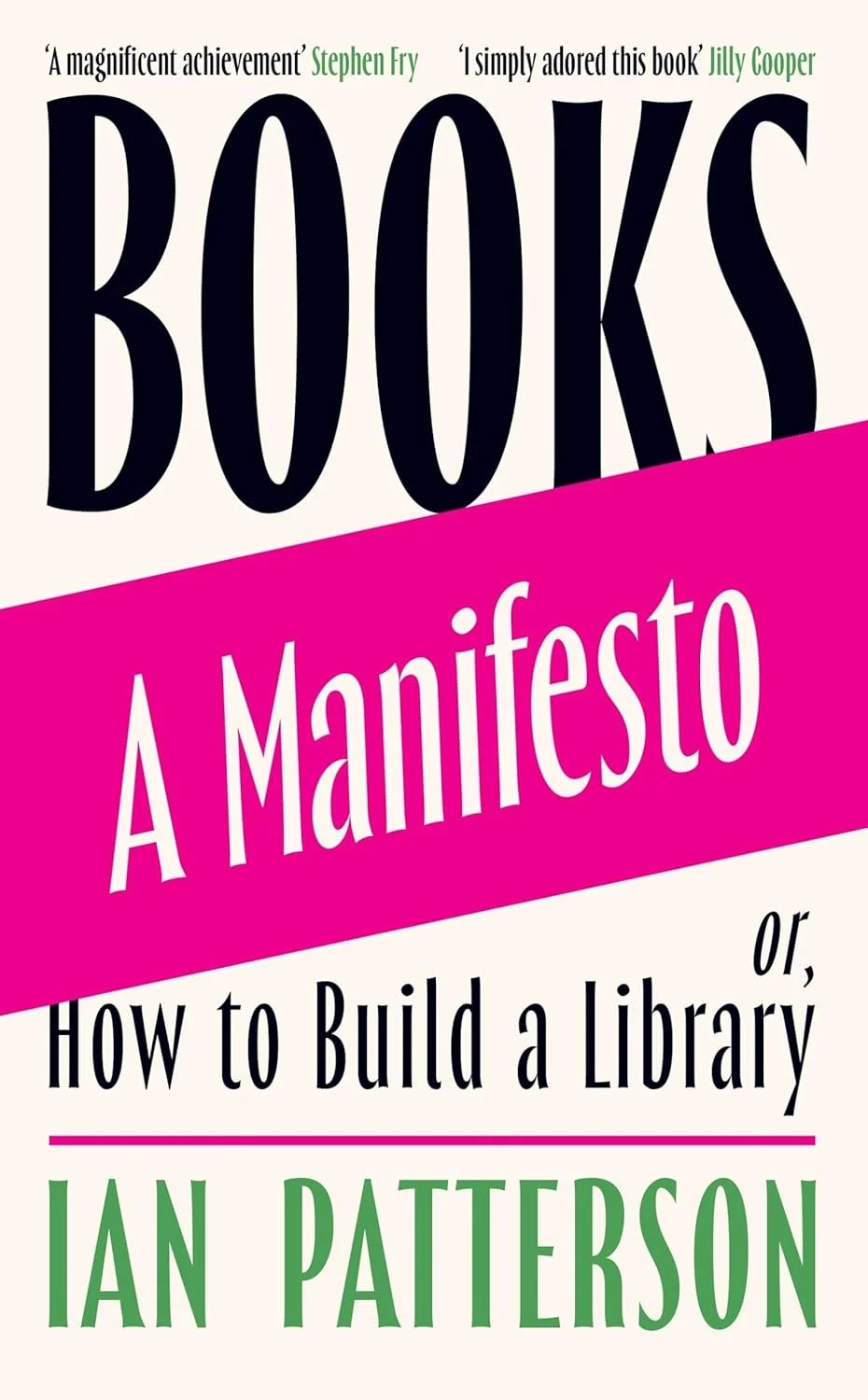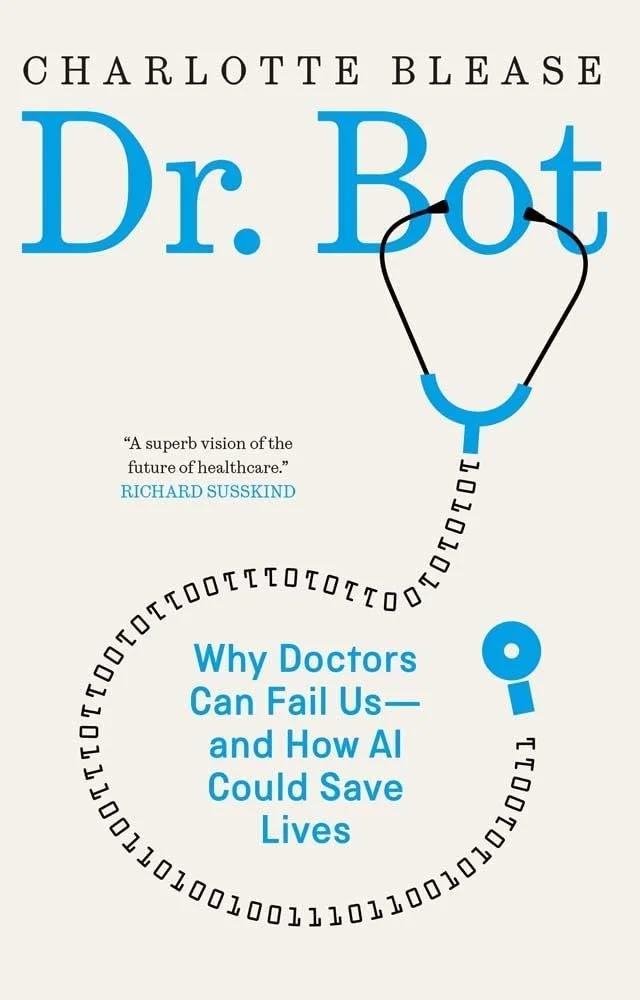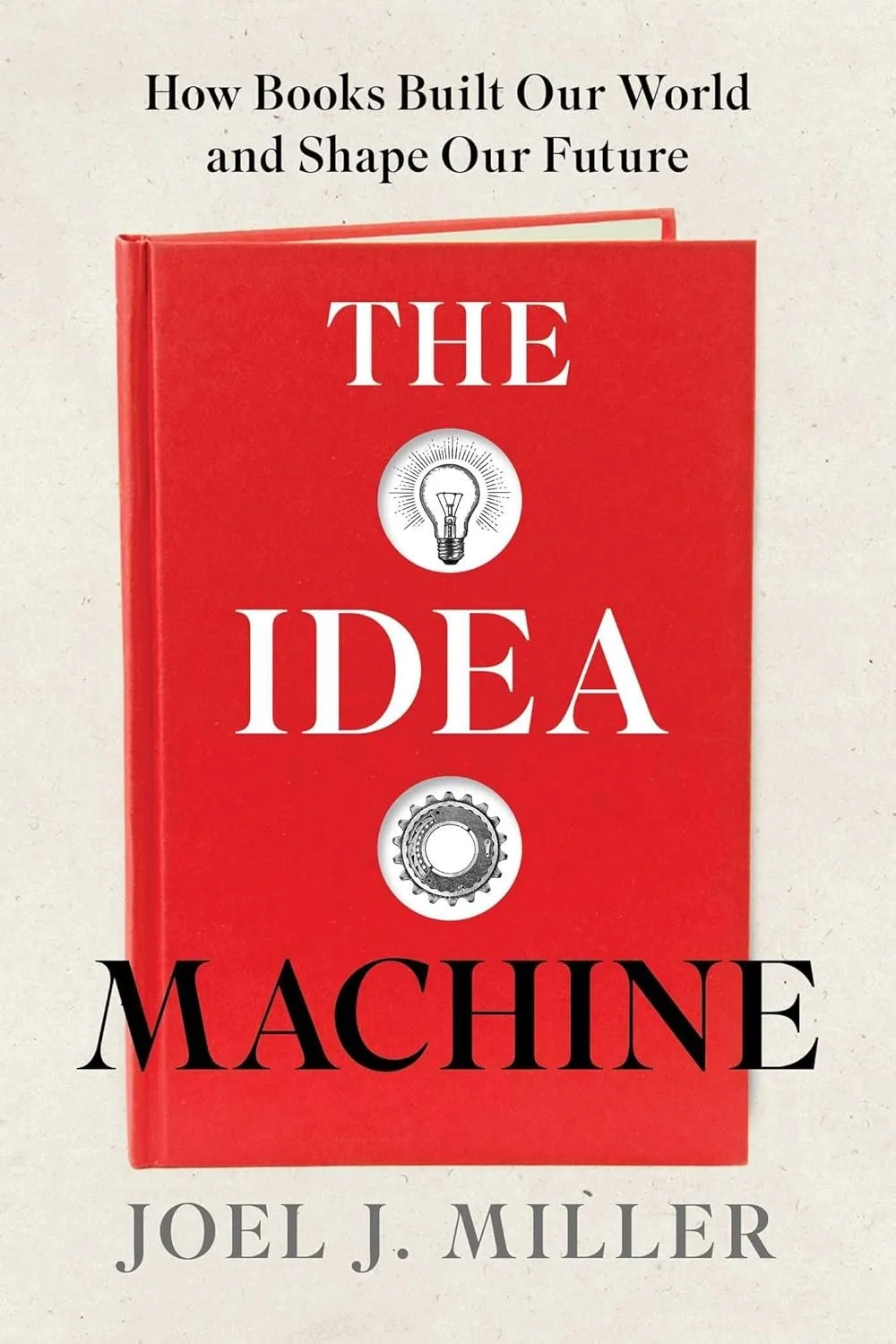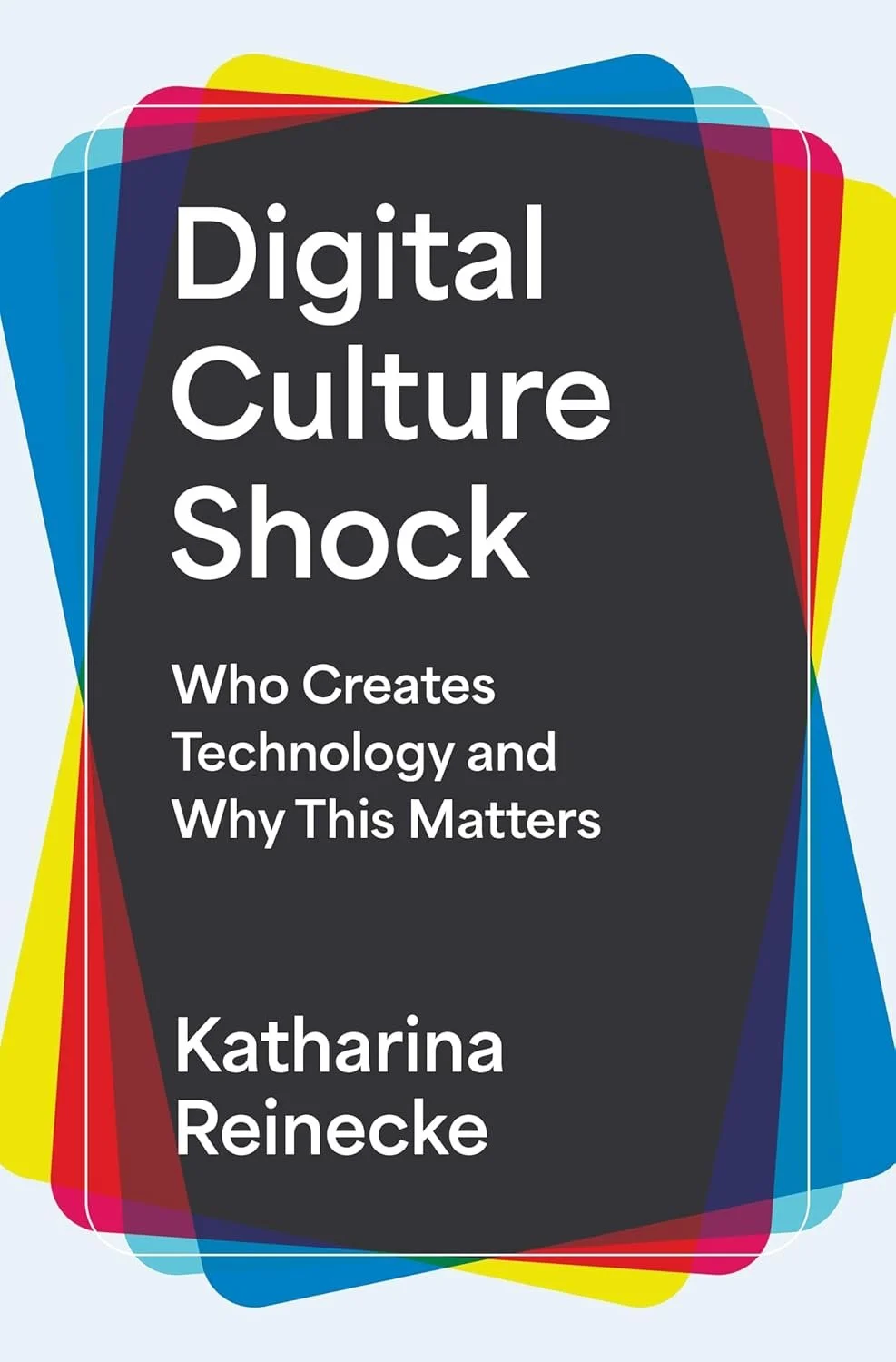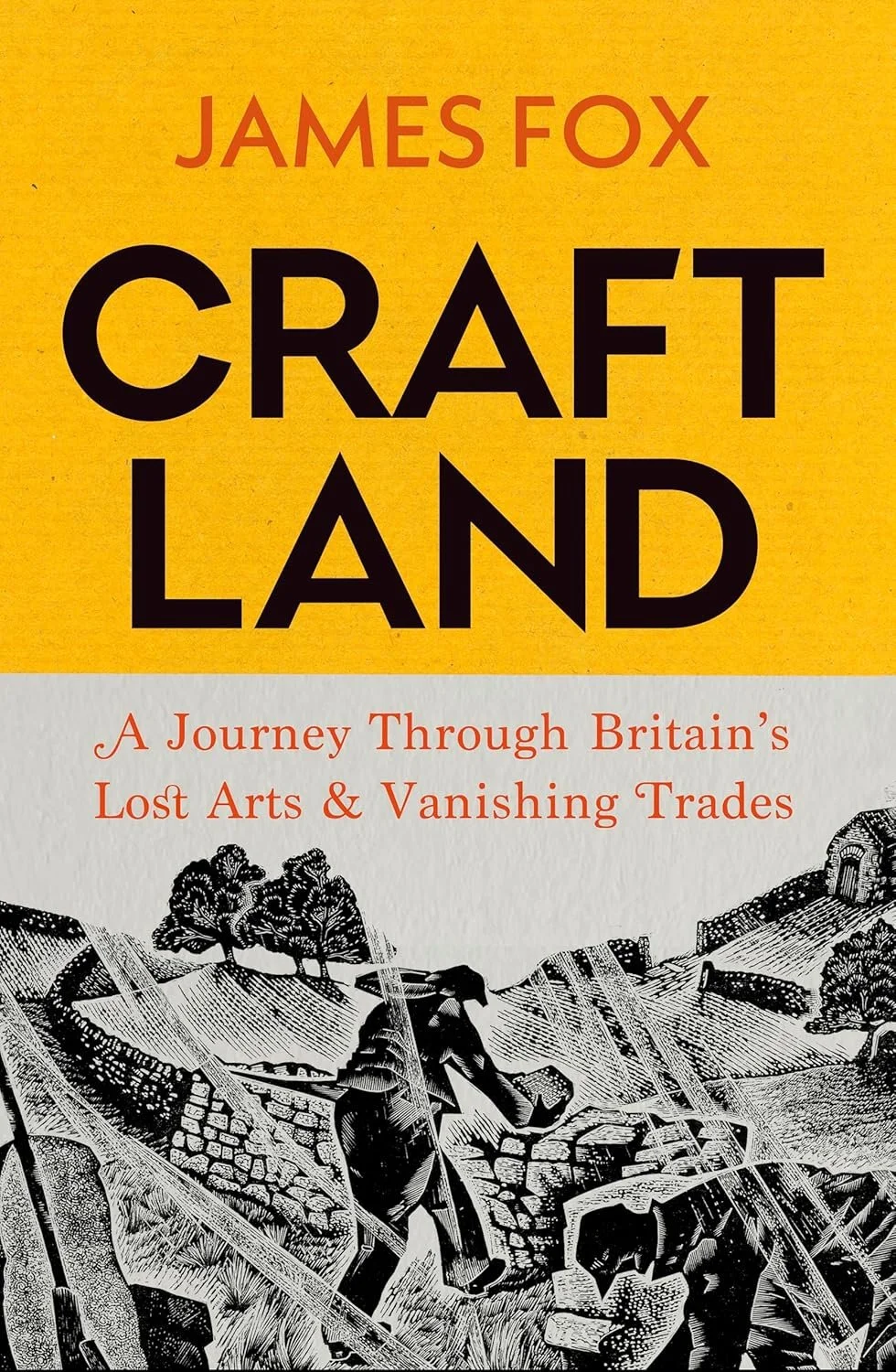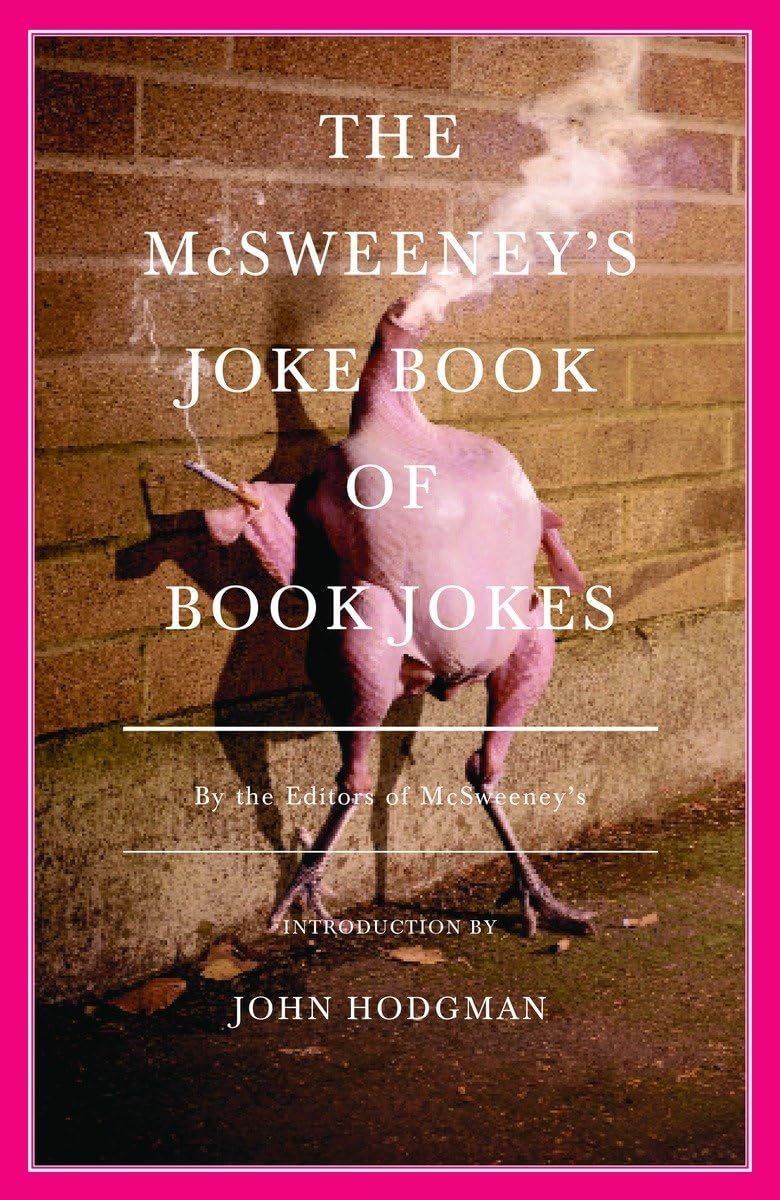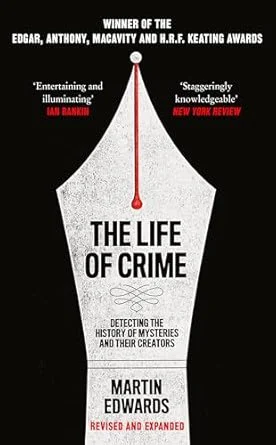It's the 23rd January, and I'm freezing. I don't usually feel the cold, but I've spent all day in a conference about educational innovation. I think a useful innovation would have been to turn the heating on. It was a good conference, but the temperature in the hall (Senate House, University of London), was lower than it was outside.
So, a brisk walk brings me to St Pancras station, and the branch of Hatchards there. (As an aside, if you ever want a signed book, Hatchards is the place to go. Foyles has a few, and other bookshops have them occasionally, but Hatchards has the most, and all the time.)
I'm now going to switch to the past tense.
I started looking in the non-fiction section, and an assistant came along, sat on a stool, and asked me if I was looking for anything in particular. I wondered if she thought I looked like a shoplifter! Anyway, I told her I was interested in Why we sleep, by Matthew Walker. She took me straight to it, and told me why she liked it. I asked her if it was fairly scientific, rather than anecdotal, and she assured me it was.
So, I bought it, and the young lady at the till was charm personified.
It was a nice experience. It left me feeling a lot warmer inside than when I entered, and not merely because of the temperature.
I like Amazon, but I don't think any algorithm can replace well-informed and pleasant bookshop staff.
In our world of social media and attempts at internet regulation or even censorship, algorithms are in place to catch “suspect” words and phrases.
A veritable cornucopia that is bound to make even the most well-read of us feel a little under-educated!
While the education world is largely focused on artificial intelligence as either a means of plagiarism, copyright infringement or reducing the burden of teachers’ admin, this considers a far wider range of issues.
I submitted my review of this book to Teach Secondary magazine, an educational magazine in the UK. The first review below is what the magazine published. The second one is what I actually wrote! In substantive terms there is little difference between the two, but you may find it interesting to see what the editor altered.
I submitted my review of this book to Teach Secondary magazine, an educational magazine in the UK. The first review below is what the magazine published. The second one is what I actually wrote! In substantive terms there is little difference between the two, but you may find it interesting to see what the editor altered.
I submitted my review of this book to Teach Secondary magazine, an educational magazine in the UK. The first review below is what the magazine published. The second one is what I actually wrote! In substantive terms there is little difference between the two, but you may find it interesting to see what the editor altered.
I submitted my review of this book to Teach Secondary magazine, an educational magazine in the UK. The first review below is what the magazine published. The second one is what I actually wrote! In substantive terms there is little difference between the two, but you may find it interesting to see what the editor altered.
I submitted my review of this book to Teach Secondary magazine, an educational magazine in the UK. The first review below is what the magazine published. The second one is what I actually wrote!
This is a great book for dipping into at random, and can work in two ways. One would be for sheer pleasure. The other would be to check your knowledge of the allusions. And, of course, knowing them is likely to elicit even more pleasure.

